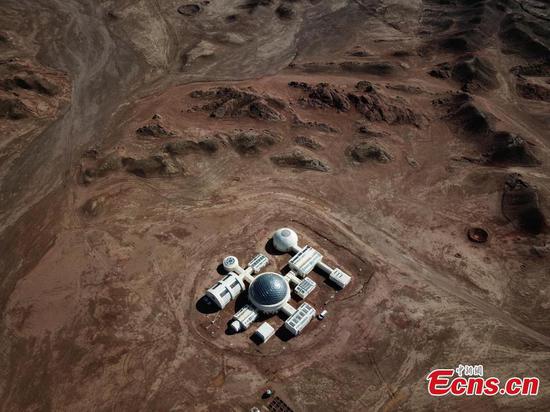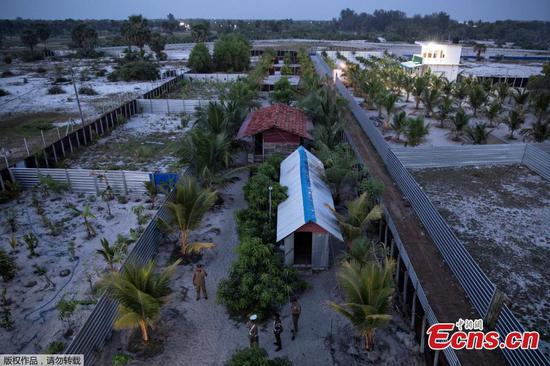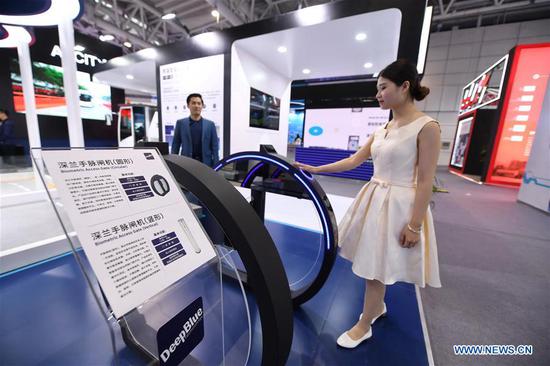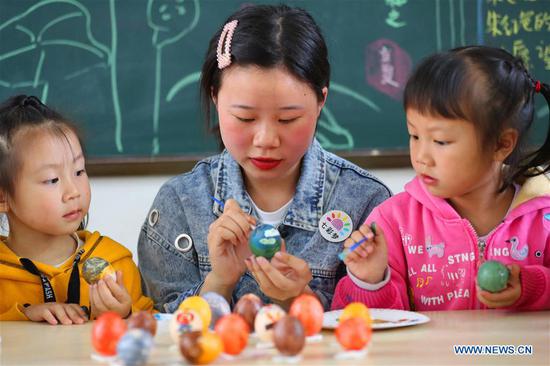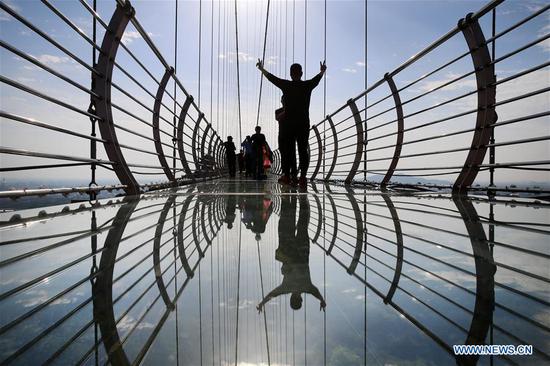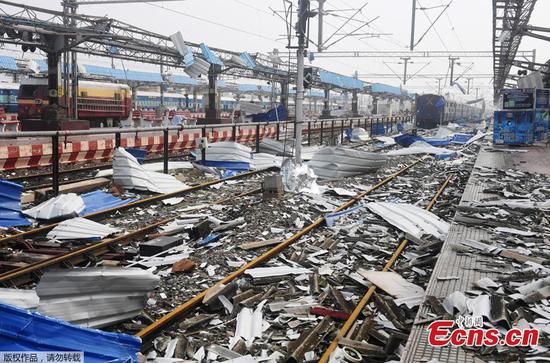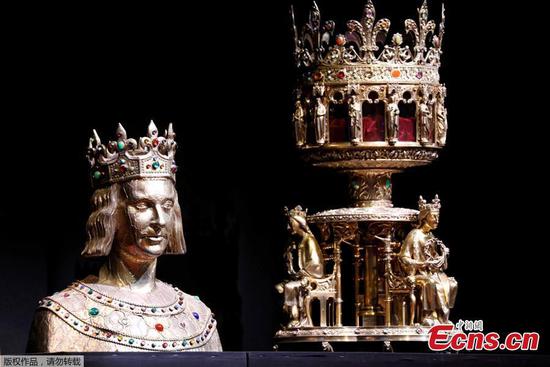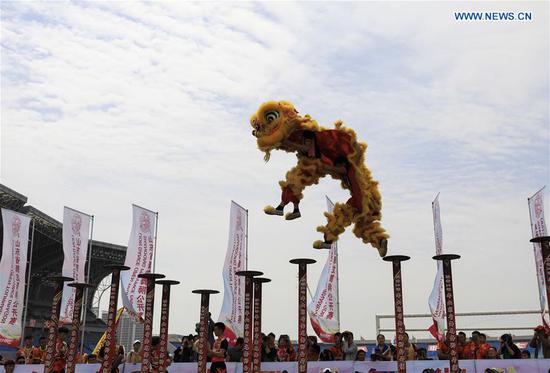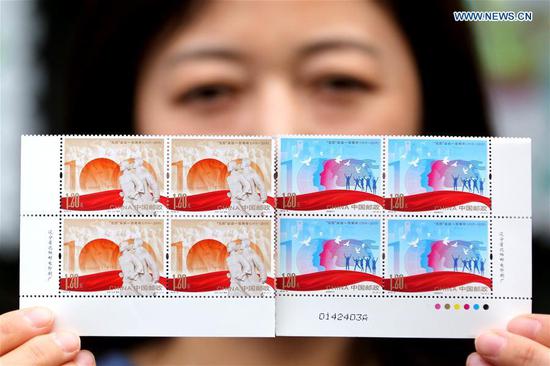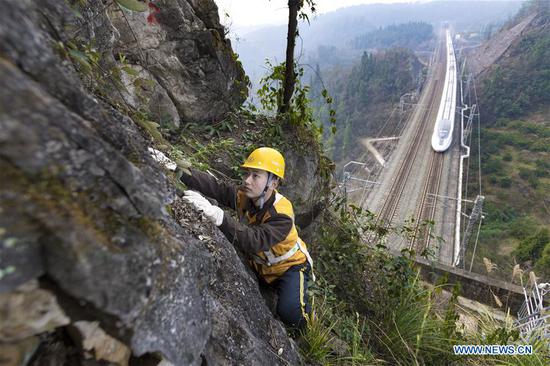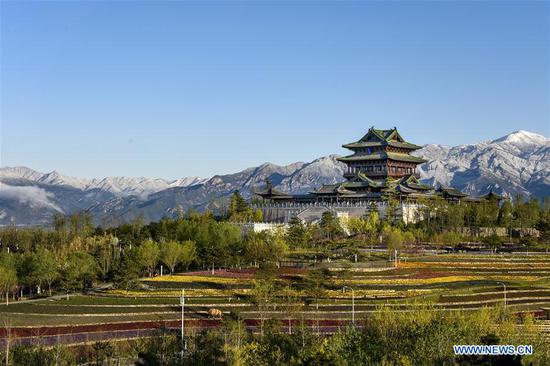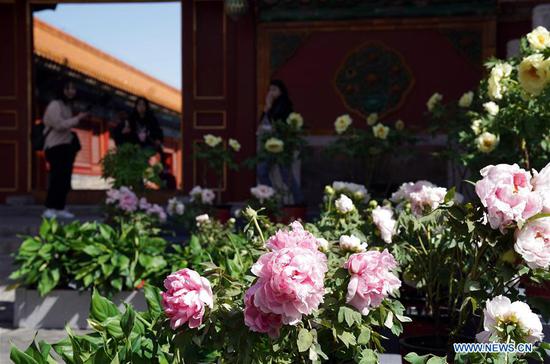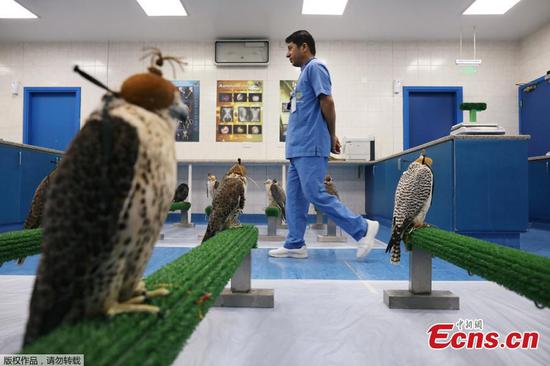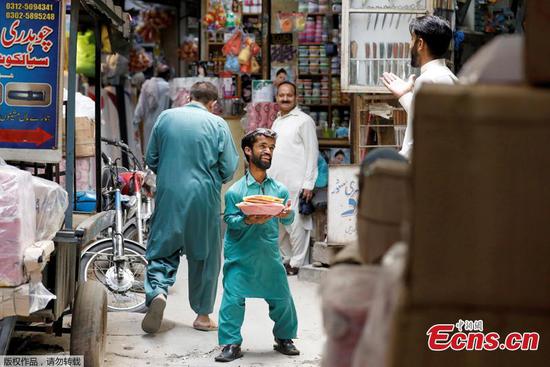Ample scope for policy adjustment to deal with volatility
China's economy is showing resilience and a healthy trajectory judging by many indicators, a situation that experts said can help the country withstand potential external blows, especially from the U.S.
They also said that there is ample space for further policy adjustment to boost the economy.
"In general, China's economy is healthy and functioning steadily. Some sectors, especially in non-manufacturing industries, have shown evident signs of improvement judging by recent economic statistics," Liu Xuezhi, an economist at Bank of Communications, told the Global Times on Monday.
The Caixin Services Purchasing Managers' Index, released on Monday, surged to a 15-month high of 54.5 in April, up from 54.4 in March.
Other statistics also point toward stability. For example, GDP rose 6.4 percent year-on-year in the first quarter, exceeding market expectations.
The Engel's Coefficient, which measures the proportion of income spent on food, also hit a record low of 28.4 percent in 2018 in China.
"This shows that most Chinese families have stable consumption capacity, another powerful piece of evidence of China's economic toughness," Cong Yi, deputy director of the economics department of Tianjin University of Finance and Economy, told the Global Times on Monday.
Room to take steps
The experts made the comments as China faces external pressure, particularly from the U.S., as the months-long trade talks between the two countries take twists and turns.
On Monday, 1,062 stocks, nearly one-third of the companies listed on the Chinese mainland's bourses, plunged by the daily trading limit of 10 percent.
At the close, the Shanghai Composite Index was down 5.58 percent to 2,906 points, while the Shenzhen Component Index sank 7.56 percent to 8,943.52 points.
"Investors don't need to be too panicky about external pressure, as the Chinese government is already taking steps to stabilize the markets, whether they be large-scale tax cuts or policy support for private companies. I think investors will find good shares to invest in," Li Daxiao, chief economist at Shenzhen-based Yingda Securities, told the Global Times on Monday.
The People's Bank of China (PBOC), China's central bank, announced on Monday it would reduce the reserve requirement ratio (RRR) for certain medium-sized and small banks.
The RRR for those banks was set at 8 percent, compared with 11 percent previously, analysts from the research center under the Bank of Communications wrote in an analysis report published on Monday.
According to the PBOC, this move will release long-term capital of about 280 billion yuan ($41.57 billion), which would be used in bank loans to micro-sized enterprises and private firms.
The government in March also announced to cut the value-added tax on companies in manufacturing and other industries from 16 percent to 13 percent.
According to Liu, China has already eased its monetary policy this year, and if external pressures build, it's likely that the government will further ease monetary and fiscal policies to stimulate economic growth.
"I don't think the country will have overwhelming risks because of the trade disputes, as there's still ample space for policy adjustment to withstand economic volatility," Liu said.
For example, China is still far from its budget deficit target, which means there's still room for additional fiscal stimulus.










